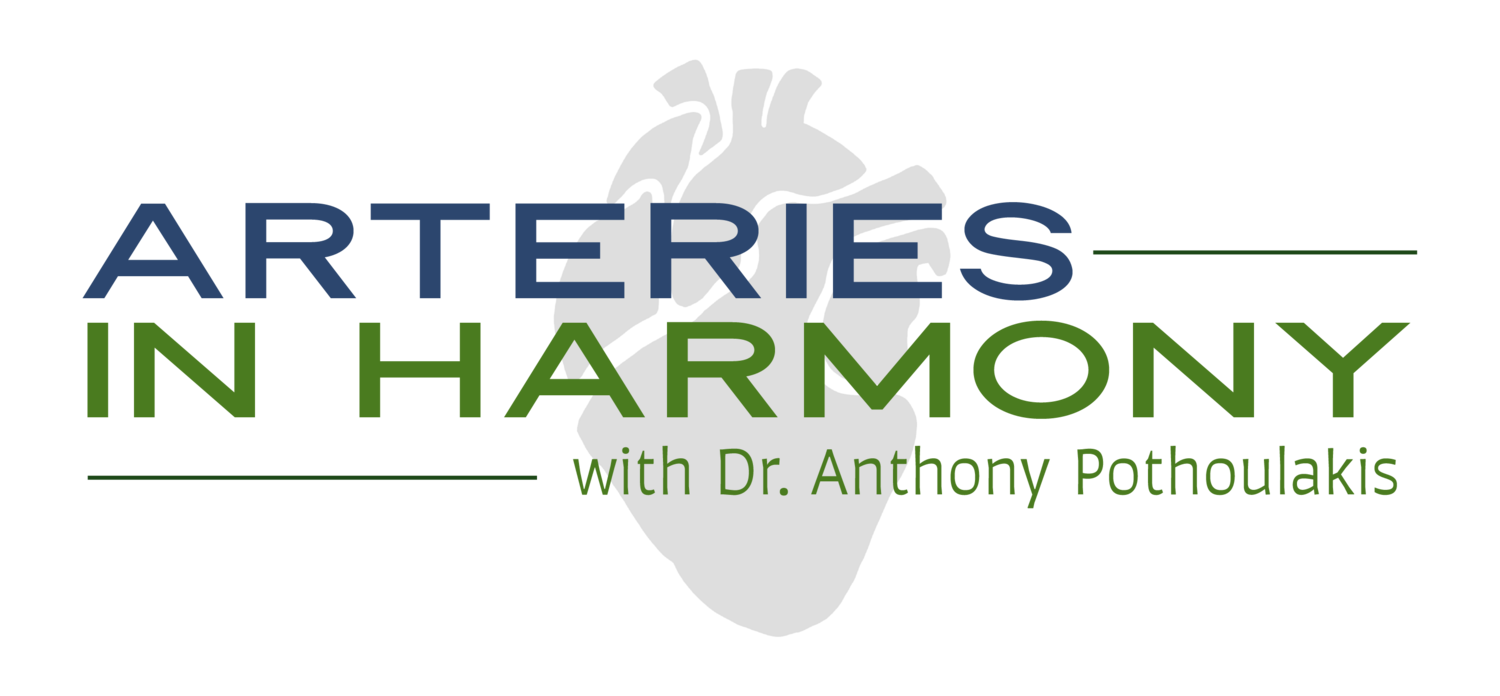Not All Fat is Created Equal...
Your health is, in many ways, determined by the size of your GUT.
While fat around the hips (“pear” body shape) is metabolically innocent, but the fat inside the belly (“apple” body type) can be truly dangerous and, potentially, life-threatening. Abdominal obesity or Abdobesity is defined in men as a waist circumference of 40 inches or more and, in women, 35 inches or more and is linked to type 2 diabetes and heart disease.
While a Body Mass Index (BMI) above 30kg/m2 defines obesity, the two conditions (abdobesity and obesity) do not always coexist, as is the case of a “pear” type person or a muscular person that weighs a lot but the above-average weight consists mainly of lean protein (muscle).
The fat confined in our belly is dangerous, in part because it is directly connected to our liver, the main factory of our metabolism. A “highway” called portal vein, allows for constant traffic of belly fat to the liver, turning the liver into a factory of “fat bullets” that bombard our arteries, giving rise to cholesterol plaques. Those plaques mature over the years and became inflamed and unstable, resulting in heart attacks, strokes or even sudden death. As the belly fat affects our entire metabolism, it contributes to diabetes, a serious disease with multiple complications of its own, including heart attacks, strokes, blindness, and kidney failure. Overeating and under exercising can lead to a flabby gut (abdobesity). That spare tire may be more than too much chocolate - it is the prelude of a series of potentially deadly medical conditions.
Sometimes you hear people refer to their “core”. Your core is more than just your stomach. The core is a complex series of muscle that are essential for core stability and spine protection. It’s important to achieve core stability to protect the spine and surrounding musculature from injury. The skin fat that surrounds the muscles and the stomach is not medically dangerous, but the deep belly fat, the one inside your belly muscles can cause health trouble. This deep belly fat, beyond contributing to diabetes and heart disease, it also makes it hard to strengthen the core and can lead to chronic low-back pain.
Most individuals with abdobesity were probably much thinner as young children. Some started putting on weight as kids, others as adolescents, and many as adults. Although every person’s metabolism is different (in part due to different rates of food absorption by the gut), healthy people will not become obese without taking in more calories than they burn.
So what can you do to lose that spare tire? There are a few things to kick start the process. Of course a healthy lifestyle (eating healthy and exercise) are the key.
Five ways to help reduce that gut are:
- Don't Eat Sugar and Avoid Sugar-Sweetened Beverages
- Eat the right amount of Lean Protein
- Cut the Bad Carbs From Your Diet
- Eat Foods Rich in Fiber
- Eat Good Fats
- Exercise almost Daily
It is important to add some specifics about the stomach; It produces hydrochloric acid that serves as a first line of defense for the immune system by killing off bacteria and viruses that may enter with the food you eat. Stress can upset your stomach, and not just discomfort. As the central nervous system, through its “subsidiaries”, controls the function of your stomach, stress can often upset these organs, contributing to discomfort, acid reflux, gas, bloating or diarrhea.
So keeping your tummy healthy is important to your overall health. It would be wonderful to have “6 pack abs”, but the health beyond it is important. If your belly is hanging over your belt, take it seriously, as this may be the only obvious sign that other medical problems may be going on in your body. A big belly can be “hiding” prediabetes or diabetes, high cholesterol or high blood pressure, conditions that predispose to serious complications, like heart attacks, stroke and kidney failure. Adopt a healthy lifestyle and ask your doctor about what should be done to help you lose that weight and, even more importantly, to protect your arteries, your liver and your life.
To your health!
Dr. Anthony
